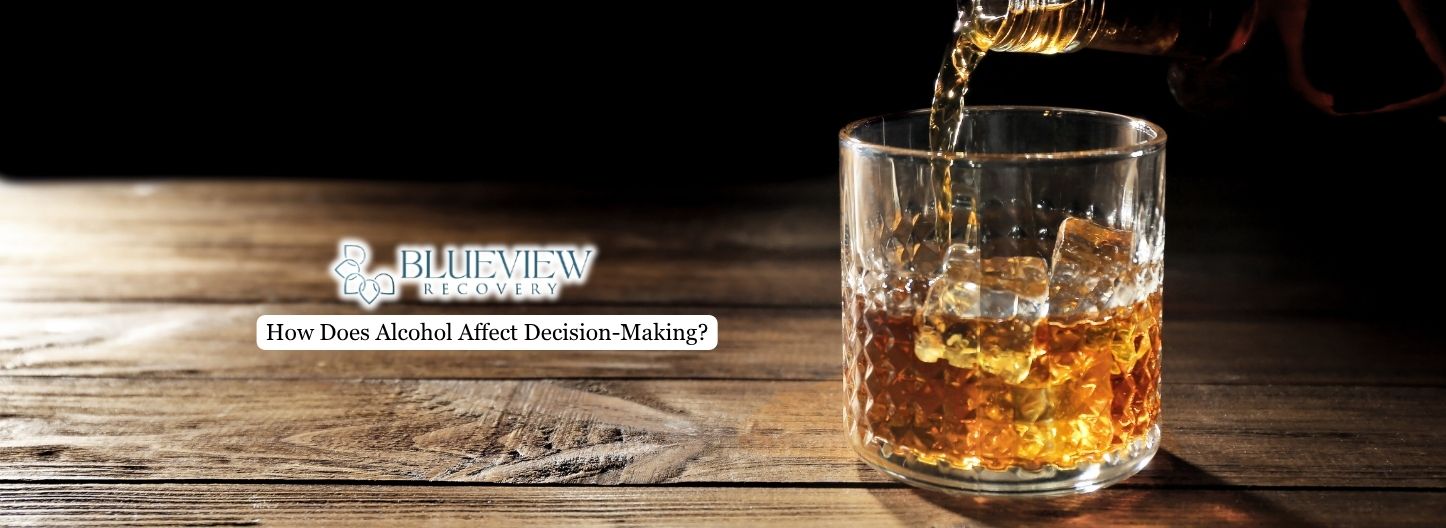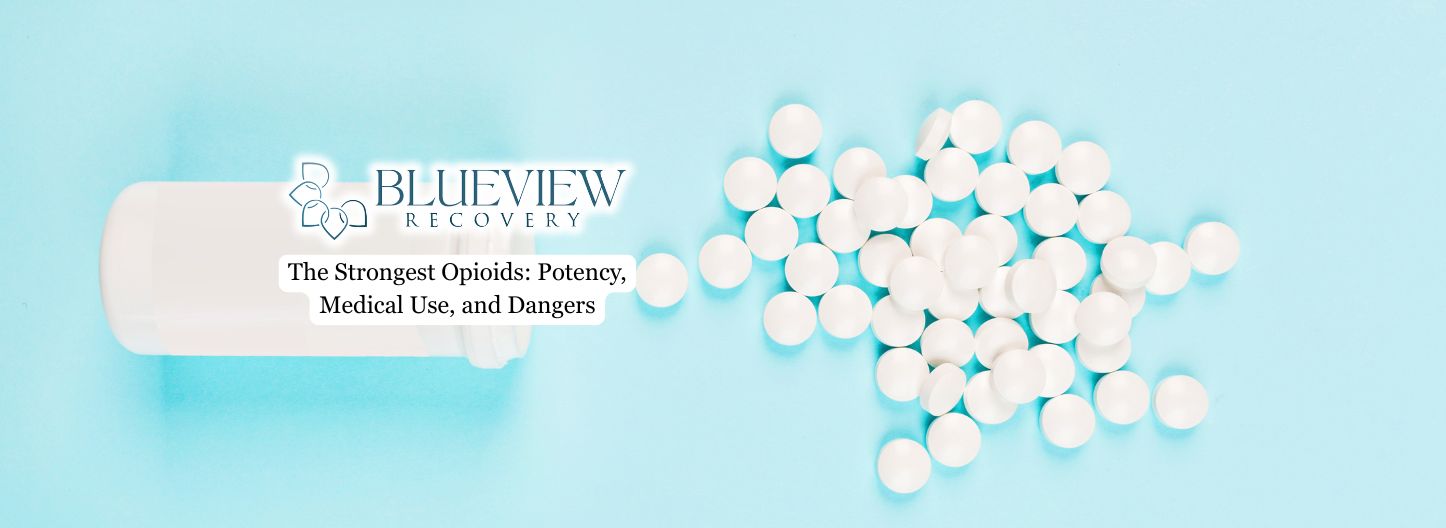Self-awareness is one of the most critical yet often overlooked components of addiction treatment. It involves recognizing one’s thoughts, emotions, and behaviors and understanding how these internal experiences influence actions. For individuals recovering from addiction, developing this skill helps identify triggers, manage stress, and make intentional decisions that support long-term healing.
This article examines how cultivating this trait can help prevent relapse and foster a lasting recovery.

What Self-Awareness Means in Addiction Recovery
In the context of recovery, self-awareness goes beyond simply knowing oneself. It means being able to observe one’s thoughts and feelings without judgment, understanding how certain situations or emotions may lead to substance use, and recognizing personal patterns that may hinder progress. Individuals who develop this skill are better equipped to pause, reflect, and choose healthier coping strategies instead of reacting impulsively.
The skill also helps people rebuild their sense of identity. Addiction often blurs one’s understanding of personal values, goals, and strengths. Through participation in an addiction recovery program, where therapy and guided introspection are provided, individuals can reconnect with who they are apart from their addiction, creating a solid foundation for sustainable sobriety.
How Self-Awareness Helps Identify Triggers and Patterns
A key part of overcoming addiction is understanding what triggers the urge to use substances. These triggers can be emotional (such as stress, loneliness, or frustration), environmental (specific places or people), or situational (including celebrations, conflicts, or grief). Without awareness, these triggers may lead to automatic behaviors and relapse.
Through increasing insights, individuals can identify early warning signs, such as changes in mood, thought patterns, or physical sensations. For example, recognizing feelings of anxiety or isolation before they intensify allows a person to seek support or use coping tools before relapse occurs. This proactive approach transforms recovery from a reactive process into a conscious, empowered one.
The Connection Between Self-Awareness and Emotional Regulation
Emotional regulation is one of the most significant benefits of enhanced self-awareness. People struggling with addiction often turn to substances as a way to escape or suppress painful emotions. When they become aware of these emotional patterns, they can begin to respond more effectively.
Developing emotional understanding enables individuals to identify and label their emotions, such as anger, sadness, guilt, and fear, and understand their origins. Once emotions are acknowledged rather than avoided, it becomes easier to process them in healthy ways, such as through mindfulness, journaling, or therapy. This emotional resilience helps prevent relapse and supports personal growth.

Practical Ways to Cultivate Self-Awareness in Recovery
- Mindfulness meditation: helps individuals observe their thoughts and feelings without reacting impulsively, allowing them to recognize cravings or negative thought loops early.
- Journaling: Writing down daily experiences and emotional responses helps uncover behavioral patterns that may contribute to relapse.
- Therapeutic reflection: Participating in therapy, particularly cognitive-behavioral or dialectical behavior therapy, helps individuals examine their thoughts and identify distorted thinking patterns that influence behavior.
- Group Therapy Activities: Group therapy and support groups can help participants recognize their emotional triggers and strengthen self-observation, offering valuable perspectives that highlight patterns and encourage healthy behavioral changes.
These approaches foster a deeper understanding of oneself, strengthening the ability to make conscious, recovery-aligned decisions every day. You can explore our holistic therapy, which empowers individuals to reconnect with themselves, reduce stress, and cultivate lasting well-being.
Strengthening Relapse Prevention Through Self-Awareness
Long-term sobriety depends heavily on recognizing and addressing triggers early, supported through relapse prevention techniques for substance abuse. Self-observation enables individuals to detect subtle changes in their mental or emotional state before they escalate into high-risk situations. For example, someone may notice that increased irritability or disconnection from support networks often precedes cravings.
They can take proactive steps such as reconnecting with supportive peers, revisiting coping tools, or engaging in healthy outlets like exercise or creative activities to maintain stability and prevent relapse. Self-recognition encourages accountability and self-compassion. Instead of viewing setbacks as failures, individuals learn to interpret them as opportunities for growth. This perspective fosters long-term resilience, enabling them to maintain their recovery despite life’s inevitable challenges.
Final Thoughts from Blueview Recovery
Self-awareness serves as the foundation for sustainable recovery and relapse prevention. It empowers individuals to recognize internal triggers, manage emotions effectively, and make intentional choices that align with their long-term goals. Through continuous reflection and mindfulness, people in recovery can build stronger emotional resilience and self-control.
At Blueview Recovery, our evidence-based outpatient treatment programs in Philadelphia, PA, emphasize developing self-awareness through therapy, mindfulness, and personalized recovery planning. Our clinical team helps individuals gain deeper insight into their thoughts and behaviors, enabling them to rebuild a healthier, more intentional life free from addiction.





